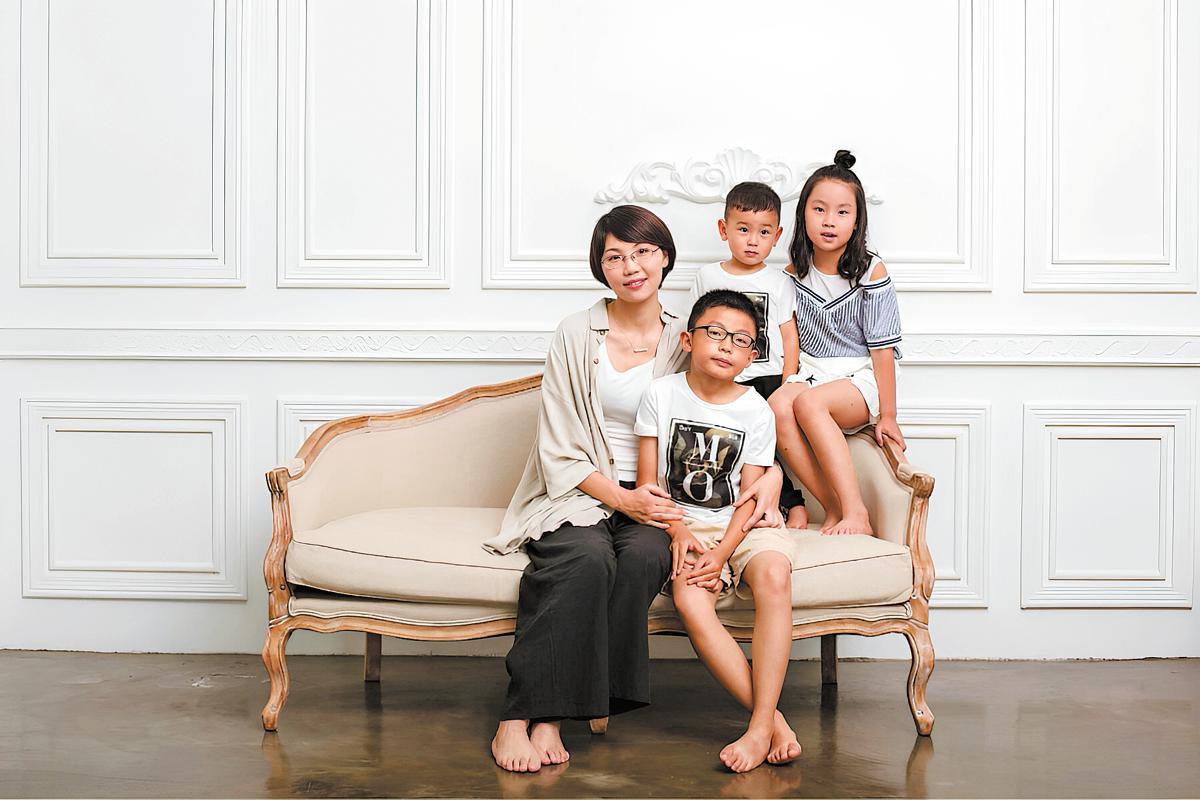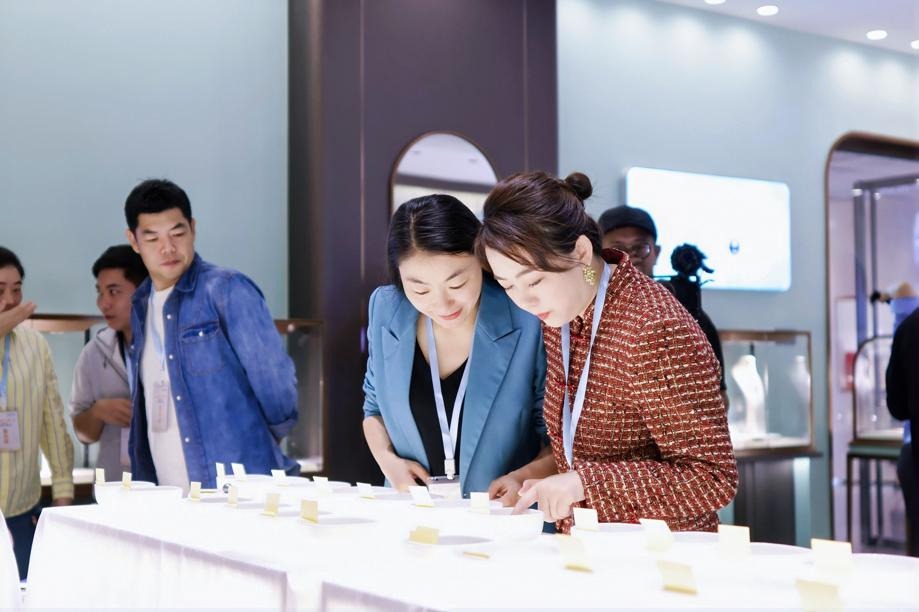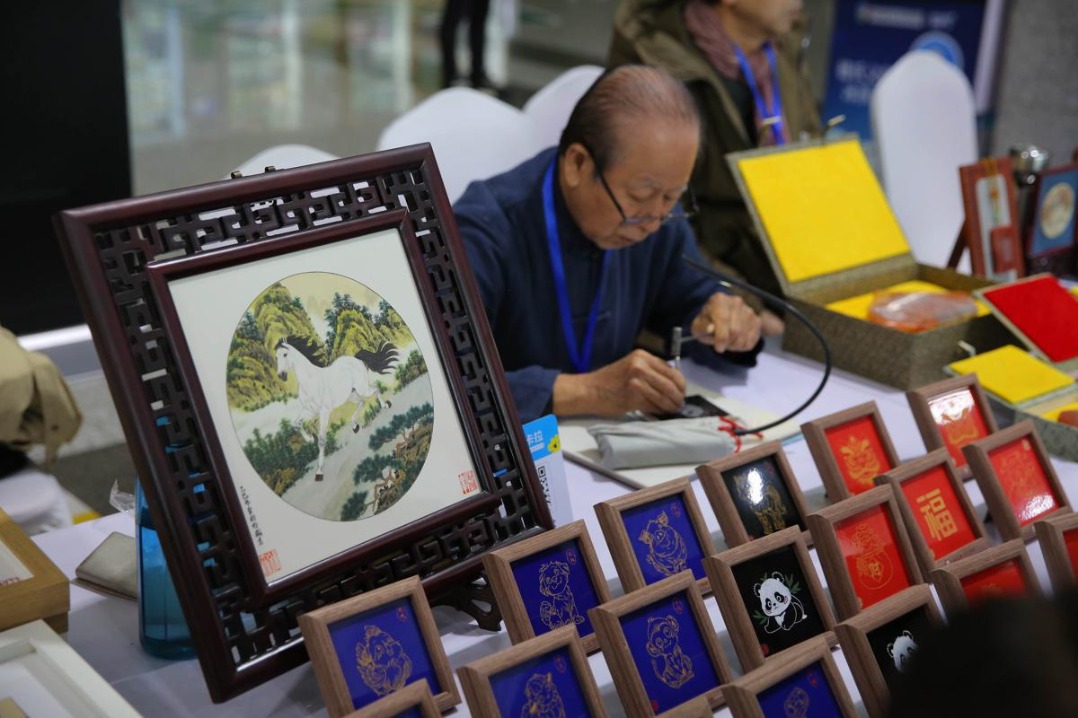Road to lifelong happiness is not about stereotypes


Yao Pan, 41, lactation consultant in Shenzhen, Guangdong province
As a single mother raising three children, my journey through parenthood has been a transformative experience filled with challenges. My eldest is a 17-year-old boy, followed by a 15-year-old girl and an 11-year-old boy. I used to push my children and have them engage in intense competitions with their peers. After introspection and growth, I embraced a laid-back parenting style. I realized the importance of balancing attention between my children and myself.
In the past, as a full-time stay-at-home mom, my focus revolved solely around my children. However, this intense scrutiny led to unintended consequences. While their academic performance improved, their happiness and intrinsic motivation suffered.
For example, during their elementary school years, I used to help them with homework from 5 pm until midnight, pushing them to do extra test papers. The children and I were both overwhelmed after I went through the exam paper with them. Their grades did improve but they were not happy. They felt like they were studying for me.
After communicating with their teachers, I decided to relax a bit. I let them work independently. I started giving them a bit of entertainment time every evening, like reading their favorite books or playing games. By letting them handle their own tasks, they found studying less painful. Even though their grades didn't improve as much as during my intense tutoring phase, their motivation increased. I realized that trying to control everything doesn't always lead to the outcomes I wanted.
I found that if I excessively focus on my children, they would become difficult to manage, causing trouble and issues.
After becoming a single mother, I shifted my focus from the children to myself. I realized that not obsessing over them made them develop better.
While my eldest bore the brunt of my initial parenting intensity, my middle child thrived in an environment of relative freedom. She is the one I have the least control over. I found that her independence was better than her brothers. At seven years old, she would help her younger brother bathe and complete her homework by herself.
In recent years, there has been a shift in parenting philosophies. I was diagnosed with severe depression last year. I was exhausted and drained from constantly focusing on others and neglecting myself. After being diagnosed, I started taking medication, and my state of mind has improved significantly.
After experiencing this, I don't want my children to pursue a life or career that others admire but aren't necessarily happy with. Even many high-achieving students are not happy. I've noticed in the depression clinic that many patients are students. If parents put too much pressure on children, they may not show immediate emotional stress, but it may lead to explosive outbursts later on.
If you ask parents whether they want their children to excel academically or be happy, they will likely choose happiness. As societal norms evolve, so do parenting ideologies. I refuse to succumb to the pressure of pushing my children toward societal success at the cost of their happiness. I've learned that true success lies in a child's self-fulfillment, not just academic achievements.
I've learned the value of quality companionship over constant supervision. Engaging in meaningful conversations, actively listening and creating a safe space for my children to share their joys and struggles became my priority.
When they need me, I'm there to listen and respond. They are eager to share their school experiences with me, big or small.
Yao Pan spoke with Li Hongyang.
- China's Global Governance Initiative receives positive feedback at forum
- China's Xizang sees steady tourism growth in 2025
- First-of-its-kind pearl auction held utilizing Hainan FTP
- Agarwood exhibition steeps Shanghai museum in fragrance
- The Fujian Coast Guard conducts regular law enforcement patrol in the waters near Jinmen
- IP protection for new fields to improve




































